Computational drug discovery is used to identify a 12-mer peptide derived from BRINP2 with potent anti-obesity effects that are independent of leptin, glucagon-like peptide 1 receptor and melanocortin 4 receptor.
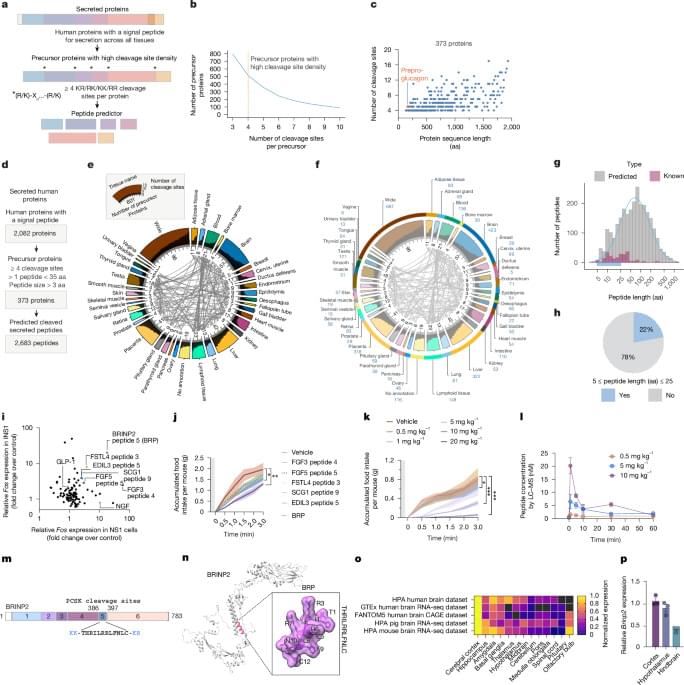

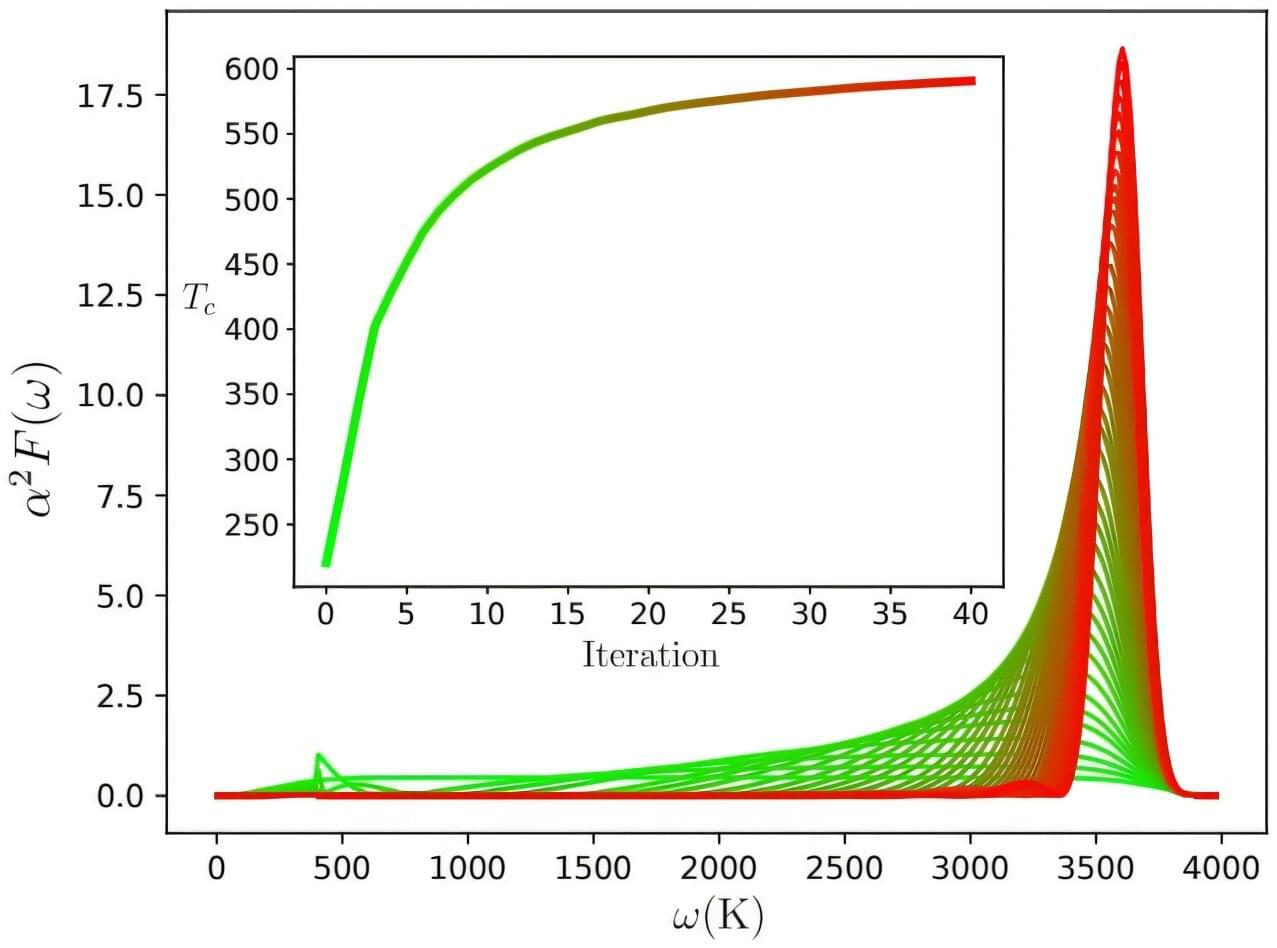
In a new development that could help redefine the future of technology, a team of physicists has uncovered a fundamental insight into the upper limit of superconducting temperature.
This research, accepted for publication in the Journal of Physics: Condensed Matter, suggests that room-temperature superconductivity —long considered the “holy grail” of condensed matter physics—may indeed be possible within the laws of our universe.
Superconductors, materials that can conduct electricity without resistance, have the potential to revolutionize energy transmission, medical imaging, and quantum computing. However, until now, they have only functioned at extremely low temperatures, making them impractical for widespread use. The race to find a superconductor that works at ambient conditions has been one of the most intense and elusive pursuits in modern science.
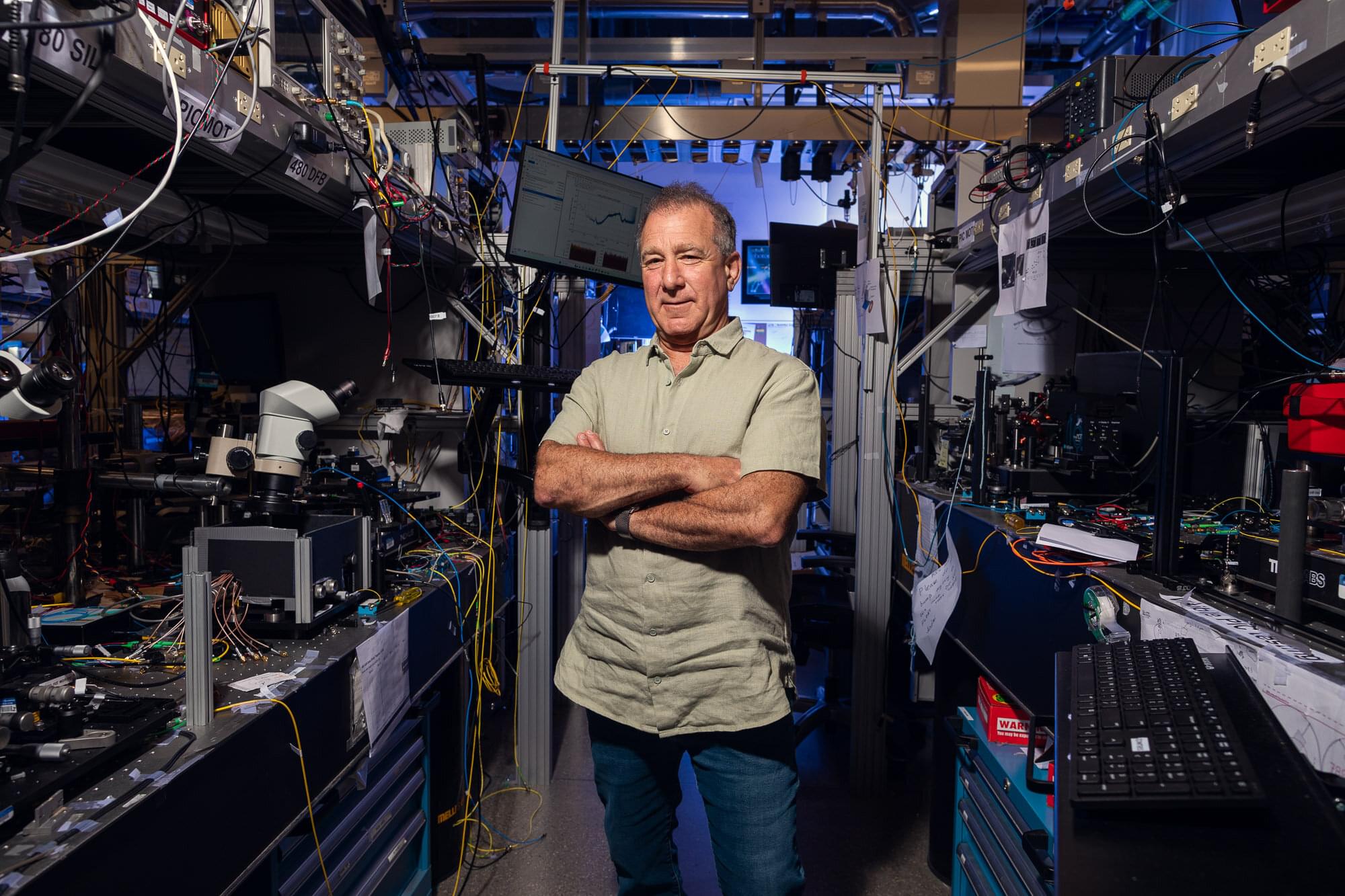
UC Santa Barbara researchers are working to move cold atom quantum experiments and applications from the laboratory tabletop to chip-based systems, opening new possibilities for sensing, precision timekeeping, quantum computing and fundamental science measurements.
“We’re at the tipping point,” said electrical and computer engineering professor Daniel Blumenthal.
In an invited article that was also selected for the cover of Optica Quantum, Blumenthal, along with graduate student researcher Andrei Isichenko and postdoctoral researcher Nitesh Chauhan, lays out the latest developments and future directions for trapping and cooling the atoms that are fundamental to these experiments—and that will bring them to devices that fit in the palm of your hand.
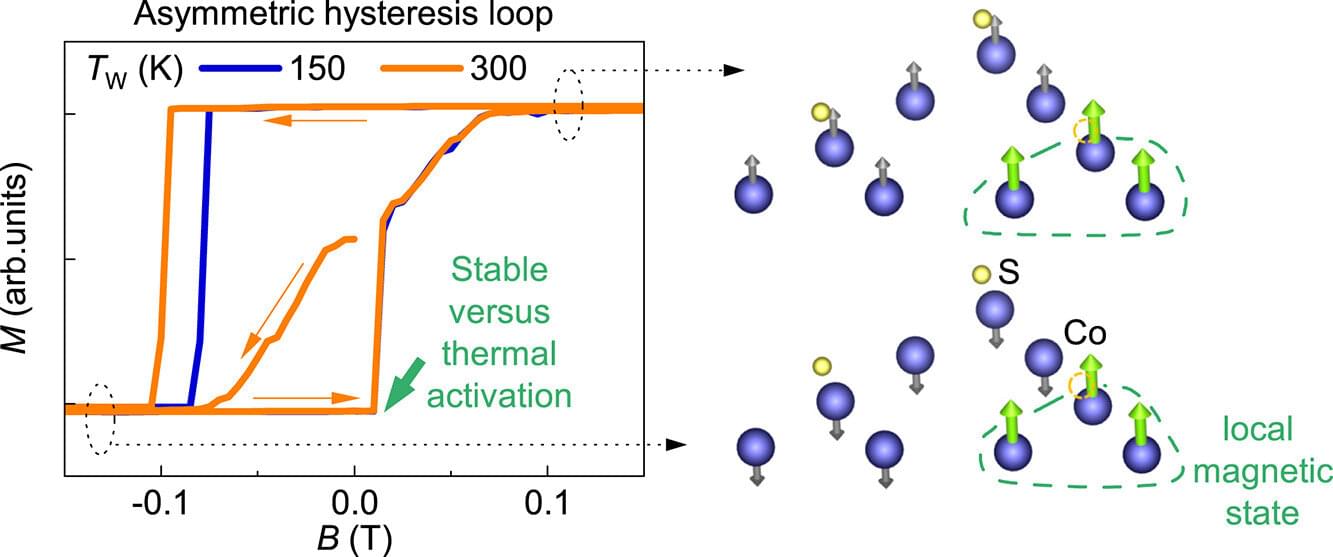
Recently, a research team found a new way to control the magnetic reversal in a special material called Co3Sn2S2, a Weyl semimetal. The team was led by Prof. Qu Zhe from the Hefei Institutes of Physical Science of the Chinese Academy of Sciences, in collaboration with Prof. Liu Enke from the Institute of Physics of the Chinese Academy of Sciences.
“This discovery could help switch the magnetization of devices that rely on magnetic properties,” said Prof. Qu, “such as hard drives and spin-based technologies.”
The results were published in Materials Today Physics.

Optical atomic clocks have the potential to improve timekeeping and GPS
GPS, or Global Positioning System, is a satellite-based navigation system that provides location and time information anywhere on or near the Earth’s surface. It consists of a network of satellites, ground control stations, and GPS receivers, which are found in a variety of devices such as smartphones, cars, and aircraft. GPS is used for a wide range of applications including navigation, mapping, tracking, and timing, and has an accuracy of about 3 meters (10 feet) in most conditions.
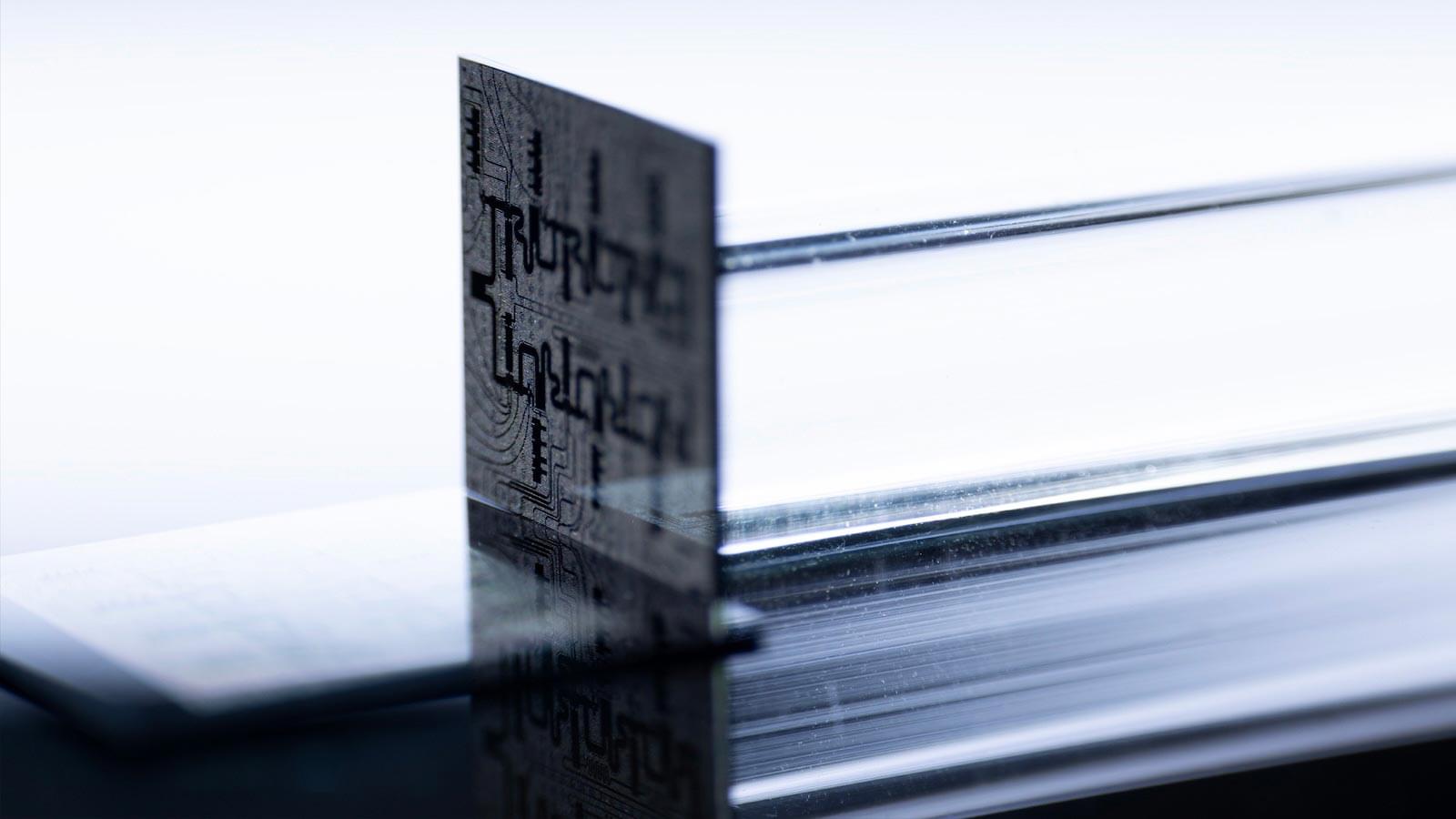
Scientists are tackling one of the biggest hurdles in quantum computing: errors caused by noise and interference. Their solution? A new chip called Ocelot that uses “cat qubits” — a special type of qubit that dramatically reduces errors. Traditional quantum systems require thousands of extra qubits for error correction, but this breakthrough could slash that number by 90%, bringing us closer to practical, powerful quantum computers m.

While his neighbors frantically fled from their oncoming doom, one man stayed in bed. For whatever reason, he didn’t join the other 2000 residents of Herculaneum—the ancient Roman city just north of Pompeii—as they ran from erupting Mount Vesuvius. The first scorching cloud of ash passed through the city so quickly, it turned his brain into black, glasslike shards. Now, a new analysis of these shards, published today in, offers clues about how the man and his neighbors perished in 79 C.E.
Until recently, scientists believed the people of Herculaneum were annihilated by Mount Vesuvius’s avalanche of hot rock, ash, and gas that buried their city, along with Pompeii. But when researchers announced the discovery of those black, glossy chips in 2020, a new culprit emerged: a swift ash cloud preceding this flood of debris. This rethink, however, hinged on whether the brain had indeed turned to glass.
For glass to form, a liquid needs to be cooled so rapidly that its molecules suddenly “freeze” into a rigid structure rather than forming crystals. For this reason, glass is sometimes referred to as a “liquid solid,” says Brian Wowk, a cryobiologist at 21st Century Medicine who was not involved with the work. Thick blankets of pyroclastic flow–the torrent of rocks, ash, and gas expelled by volcanos–cool off far too slowly for glass to form, says study co-author Guido Giordano, a volcanologist at the Roma Tre University. “Once they’re in place, they can take years to cool down.”
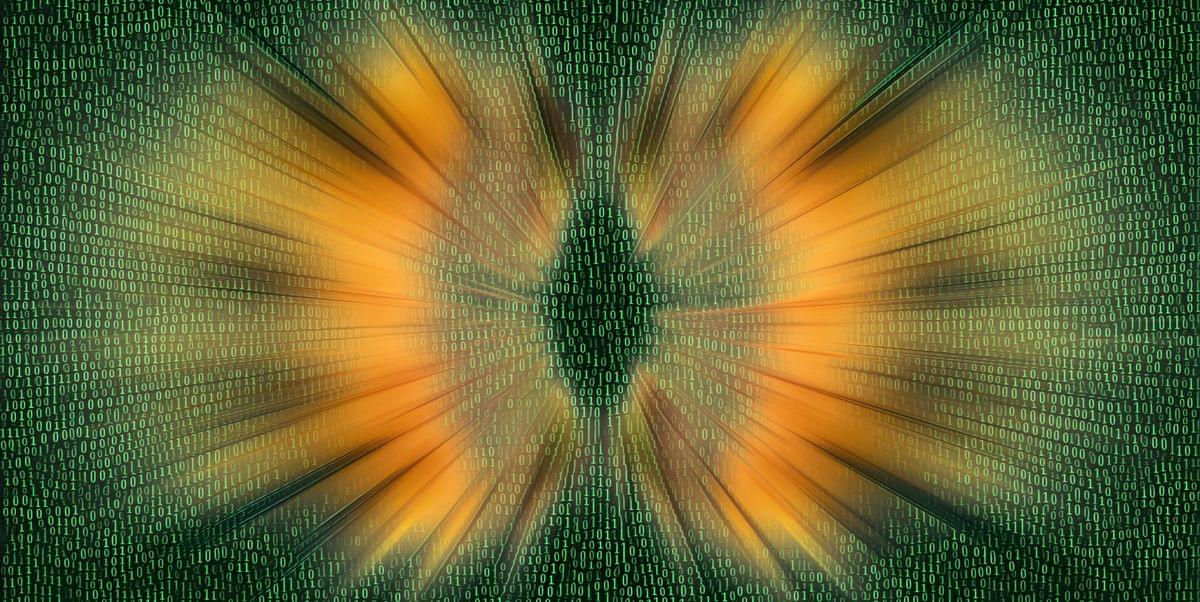
In human engineering, we design systems to be predictable and controlled. By contrast, nature thrives on systems where simple rules generate rich, emergent complexity. The computational nature of the universe explains how simplicity can generate the complexity we see in natural phenomena. Imagine being able to understand everything about the universe and solve all its mysteries by a computational approach that uses very simple rules. Instead of being limited to mathematical equations, using very basic computational rules, we might be able to figure out and describe everything in the universe, like what happened at the very beginning? What is energy? What’s the nature of dark matter? Is traveling faster than light possible? What is consciousness? Is there free will? How can we unify different theories of physics into one ultimate theory of everything?
This paradigm goes against the traditional notion that complexity in nature must arise from complicated origins. It claims that simplicity in fundamental rules can produce astonishing complexity in behavior. Entering the Wolfram’s physics project: The computational universe!
Thousands of hours have been dedicated to the creation of this video. Producing another episode of this caliber would be difficult without your help. If you would like to see more, please consider supporting me on / disculogic, or via PayPal for a one-time donation at https://paypal.me/Disculogic.
Chapters:
00:00 Intro.
01:48 Fundamentally computational.
08:51 Computational irreducibility.
13:14 Causal invariance.
16:16 Universal computation.
18:44 Spatial dimensions.
21:36 Space curvature.
23:52 Time and causality.
27:12 Energy.
29:38 Quantum mechanics.
31:31 Faster than light travel.
34:56 Dark matter.
36:30 Critiques.
39:15 Meta-framework.
41:19 The ultimate rule.
44:21 Consciousness.
46:00 Free will.
48:02 Meaning and purpose.
49:09 Unification.
55:14 Further analysis.
01:02:30 Credits.
#science #universe #documentary
